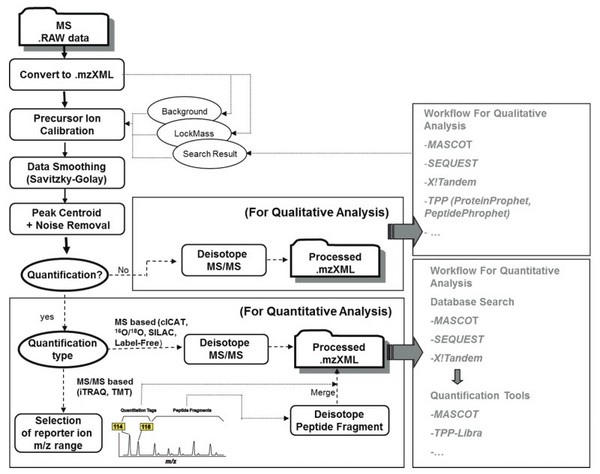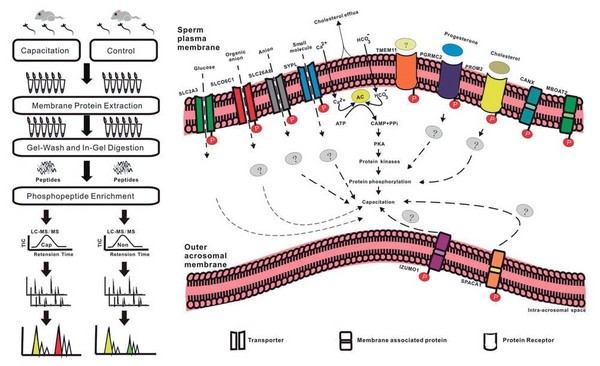Research Focus
Study of peptide hormones signaling involved in the plant development
In higher plants, previous studies indicate that the cell-to-cell interaction is mainly mediated by small lipophilic compounds. Until now, increasing number of studies revealed that peptides are also involved in various aspects of plant development including defense responses, callus growth, meristem organization, self-incompatibility, root growth, leaf shape regulation, nodule development and organ abscission etc. Completion of the Arabidopsis genome has reveal that this plant has ten times more predicted peptide transporter than other sequenced organisms. Compared with the approximate 58 receptorlike kinases (RLKs) known in human, there are over 400 potential RLKs in plants. In Arabidopsis genome contains > 210 lucine rich repeat receptor-like kinases (LRR-RLKs) genes. The LRR domain is known to be involved in protein-protein or protein-peptide interactions. Therefore, it is expected that the plants may have a much greater number of signaling peptides playing prominent roles in the plant development. Currently, only a limited number the biologically active peptides their mature sequences and perceptive receptor are determined and verified. The peptide hormone can interact with LRR-RLKs on the cytoplasm membrane and produce downstream signal transduction. We have integrated and developed several comprehensive research strategies for the discovery of novel peptide ligands, corresponding signaling pathways and perceptive receptors involved in the plant development. In combination with the comprehensive proteomic study of peptide signaling, the outcome is expected to sketch a more detail view of peptide hormone function in plants, and will clarify the differences and similarities in peptide signal transduction between plants and animal. Ultimately, revealing the interplay of the signaling network will help us to manipulate the pathogenesis defense, stress tolerance and other development functions in plants.
Development of high-throughput mass spectrometry based OMICS technologies
The discovery of the important biomarkers and signaling molecules can be used to study their function, develop early diagnostic method and further develop potential therapeutic agents. Recent developments on the mass spectrometry had greatly spanned the possibility of full proteome or metabolome characterization. Based on the mass spectrometry, we are interesting on the development of new proteomics and metabolomics techniques for the discovery of important cellular signaling events. We expect our efforts will eventually establish a general and versatile systems biology research platform and can be finally applied to the development of potential therapeutic drugs and improvement of crop productivity.



Kuo-Chen Yeh
Distinguished Research Fellow and Director
Director (2019.1.16-present)
Interim Director (2016.10.1 -2019.1.15)
Director/Coordinator of Molecular and Biological Agricultural Sciences program of Taiwan International Graduate Program (TIGP-MBAS), Academia Sinica (2015-2020)
Distinguished Research Fellow (2024-present)
Research Fellow (2014-2024)
Associate Research Fellow (2009-2013)
Assistant Research Fellow (2001-2009)
PDF Howard Hughes Medical Institute and Department of Biological Sciences, Stanford University, USA (1999-2001)
Ph.D. Plant Biology Graduate Group, University of California, Davis, USA (1994-1999)

